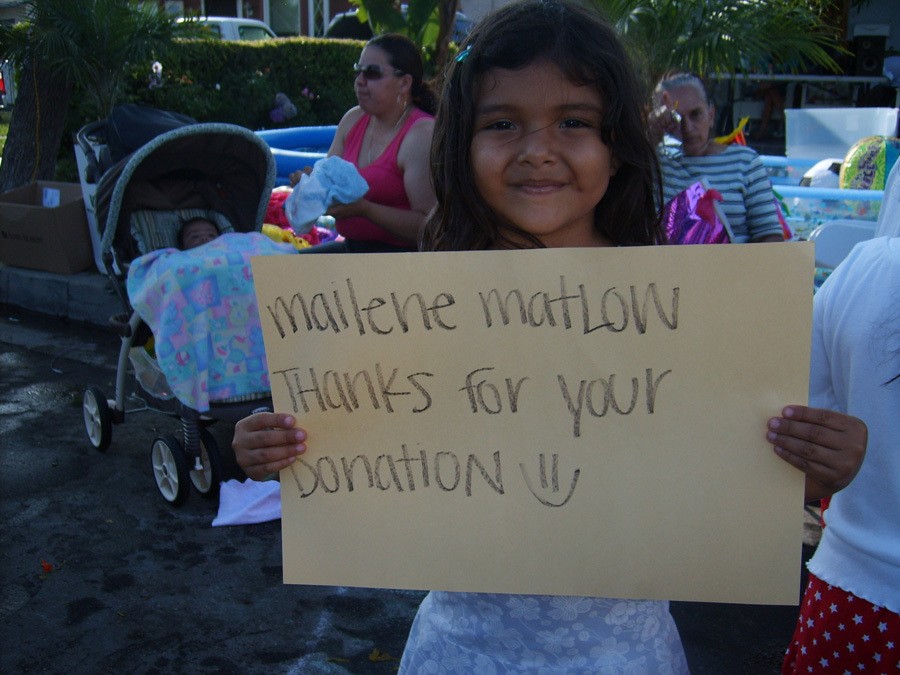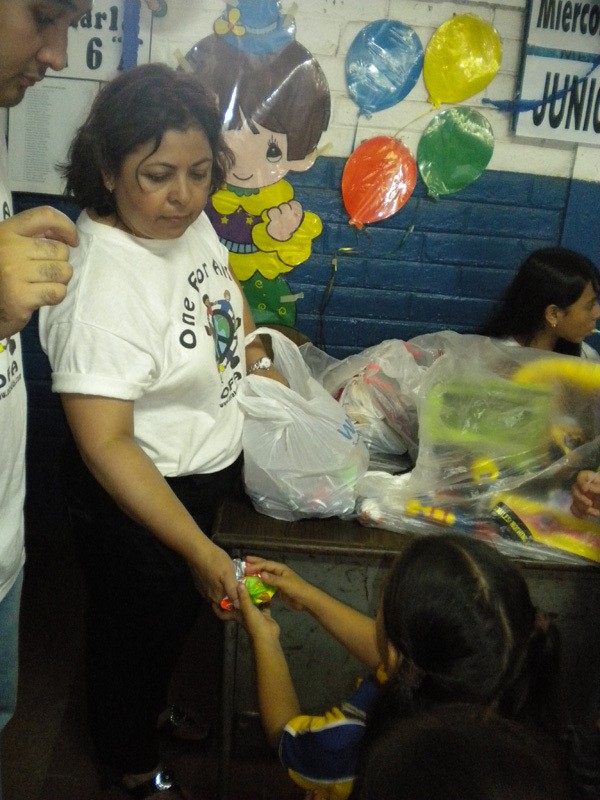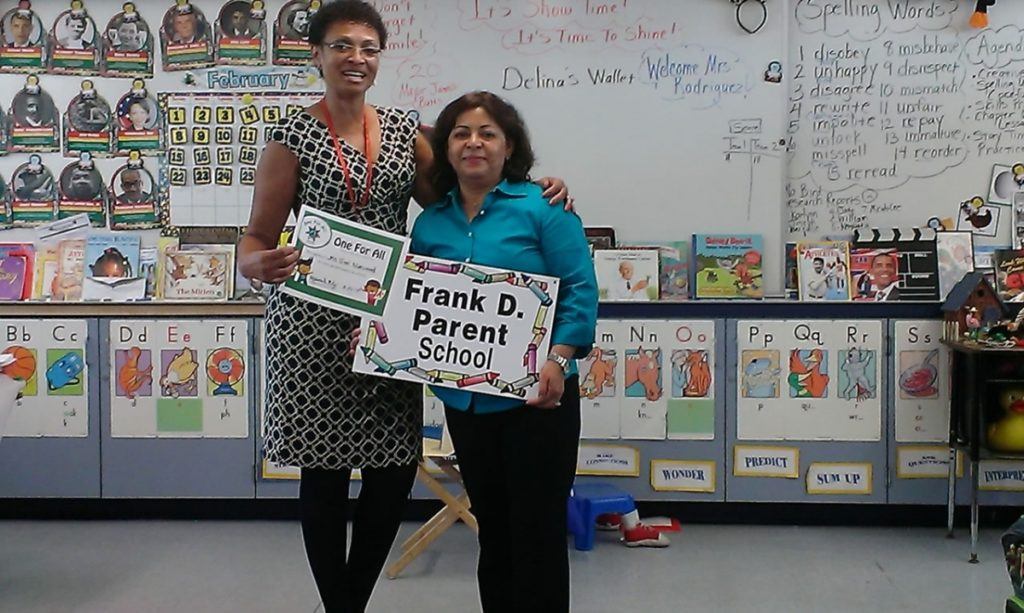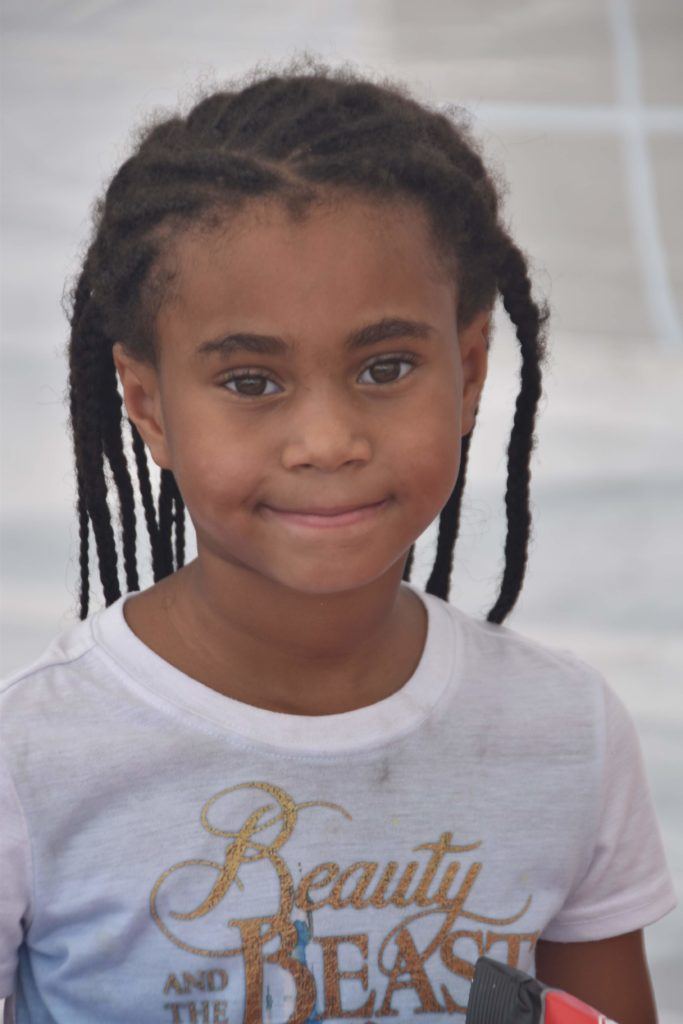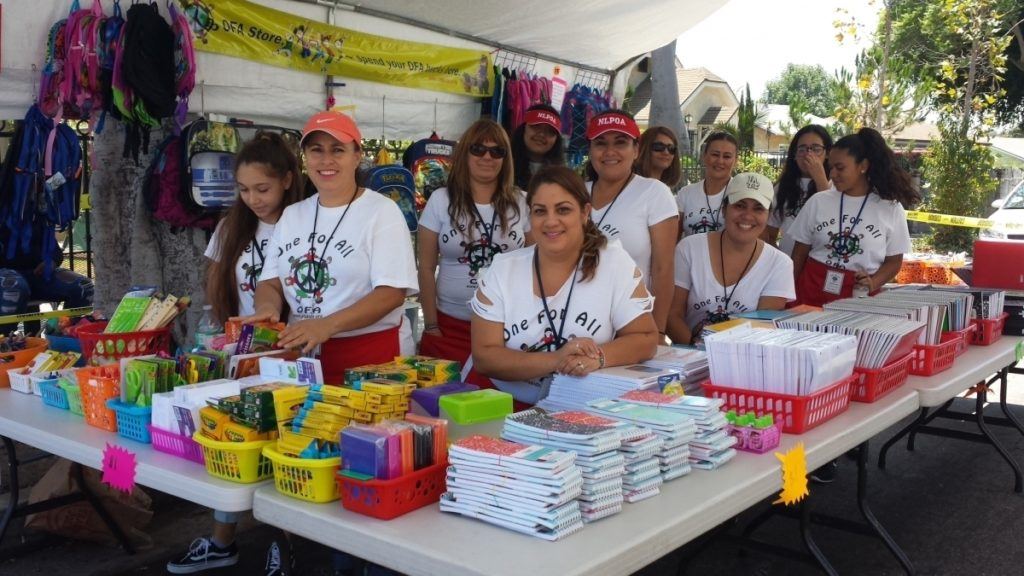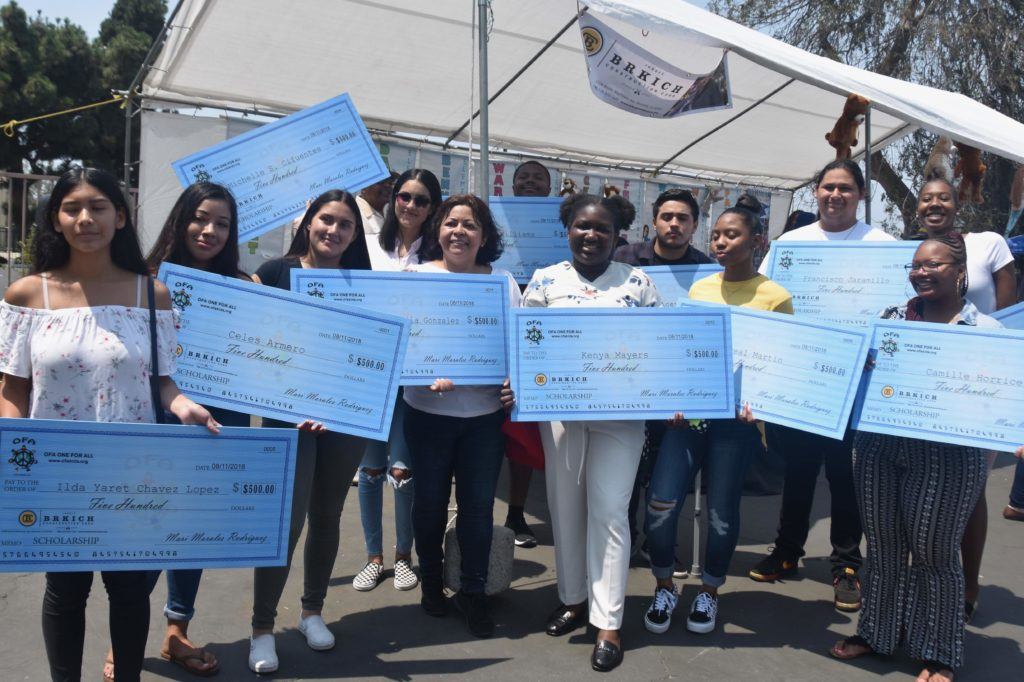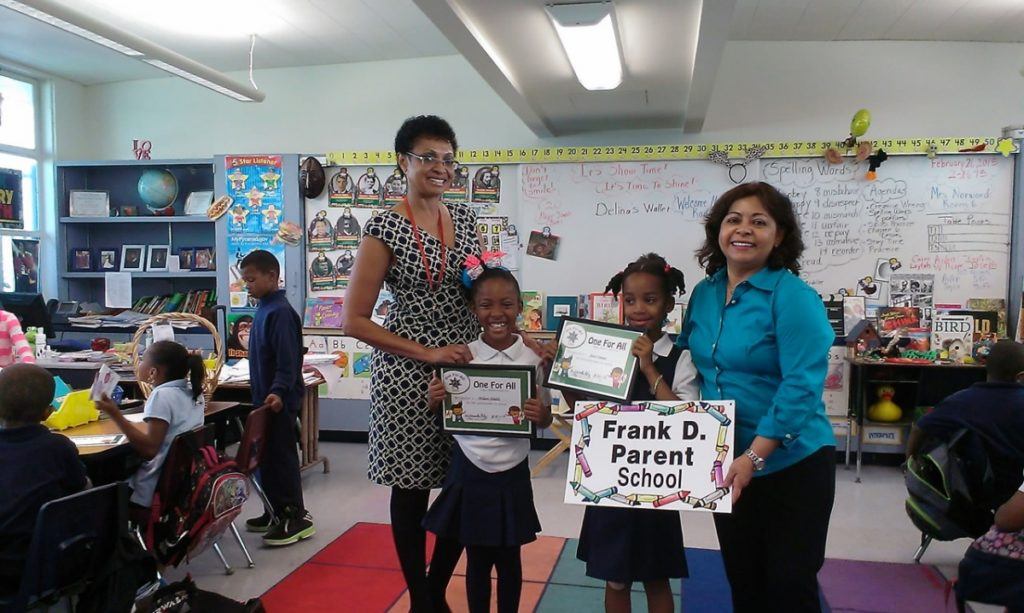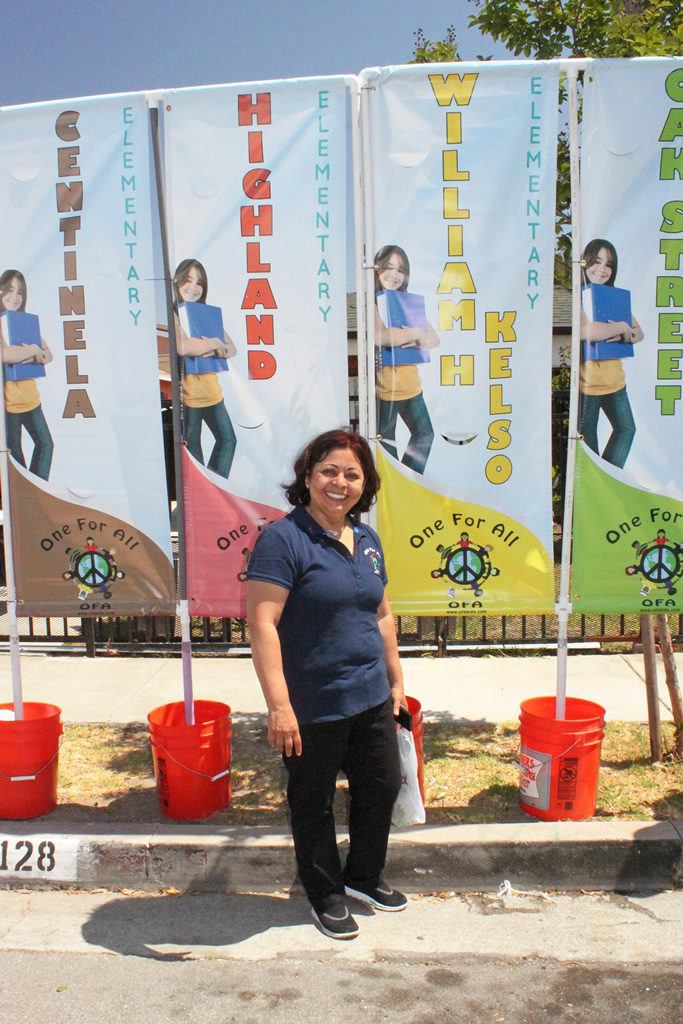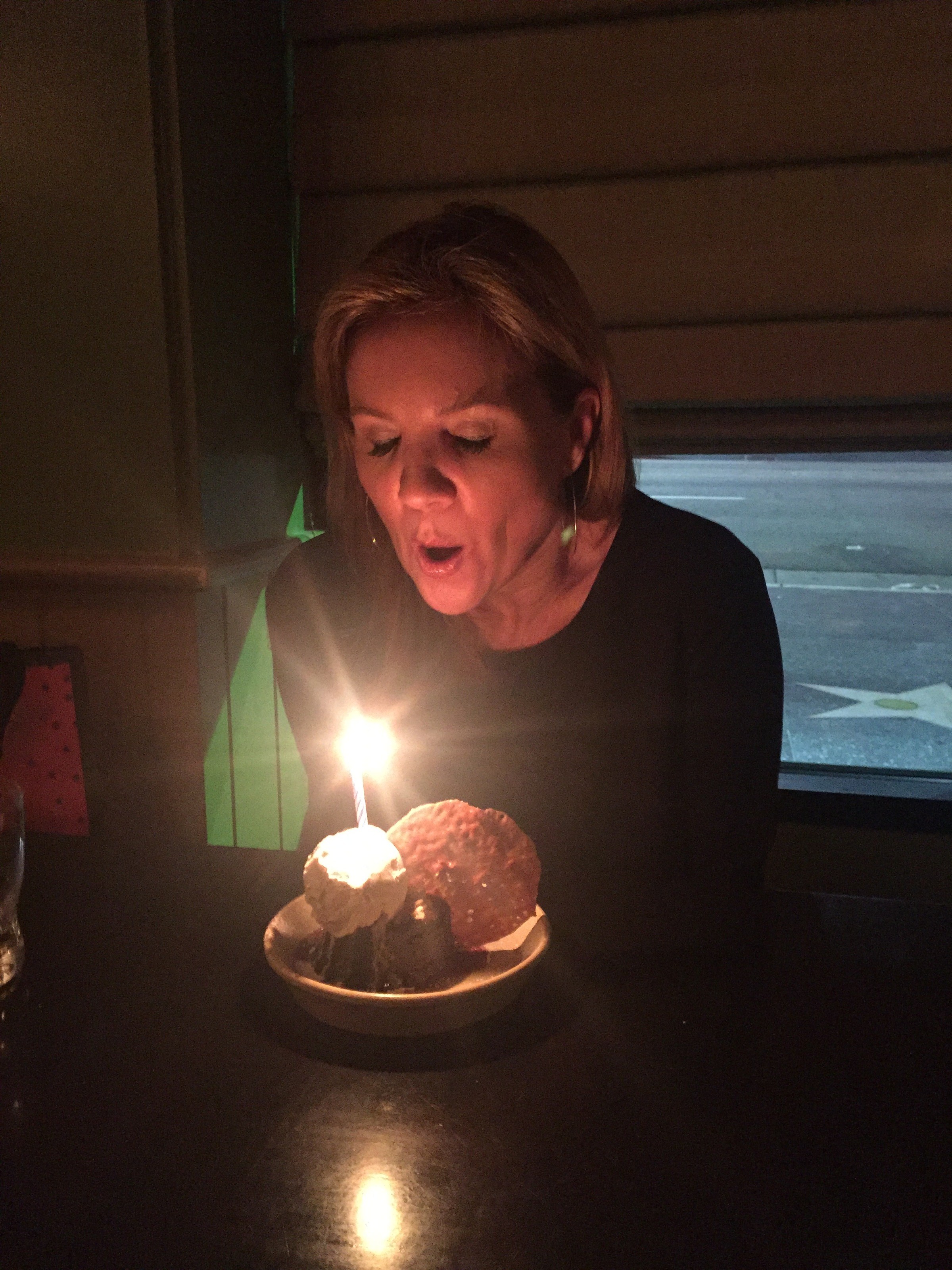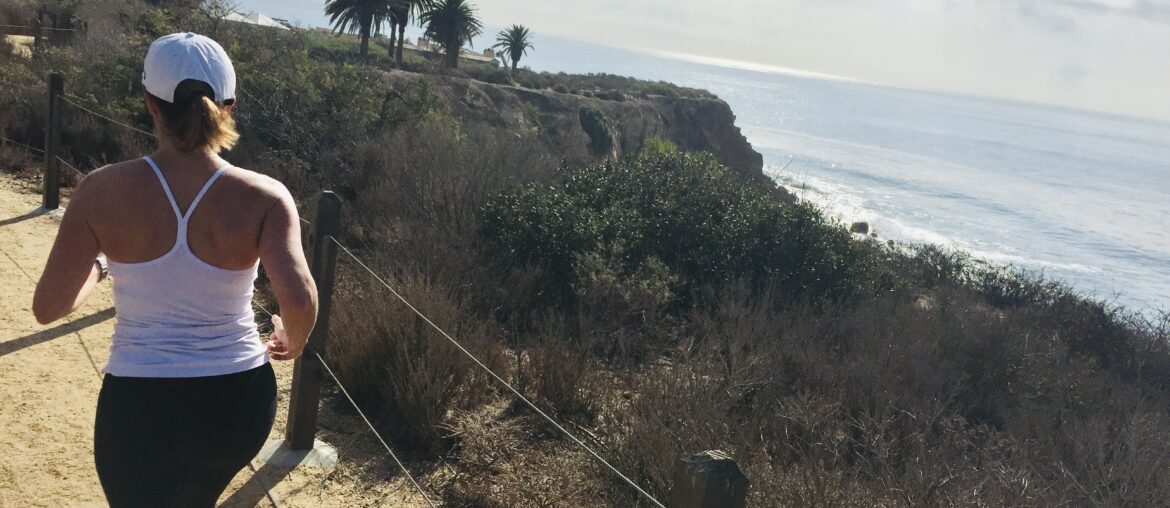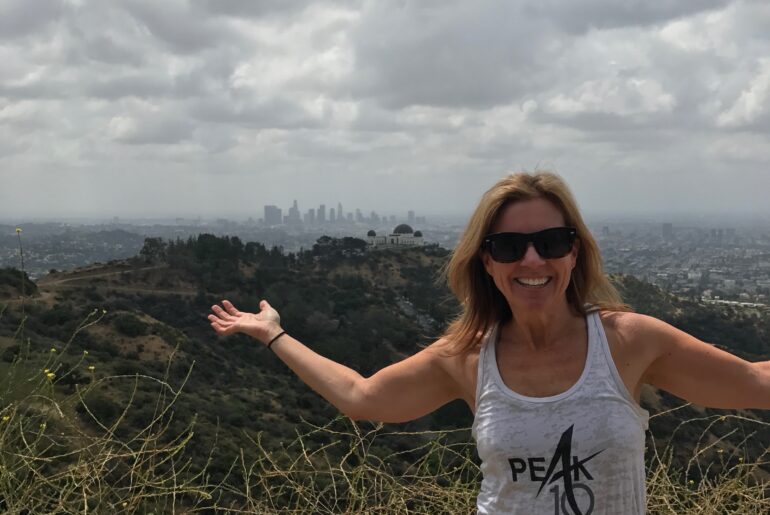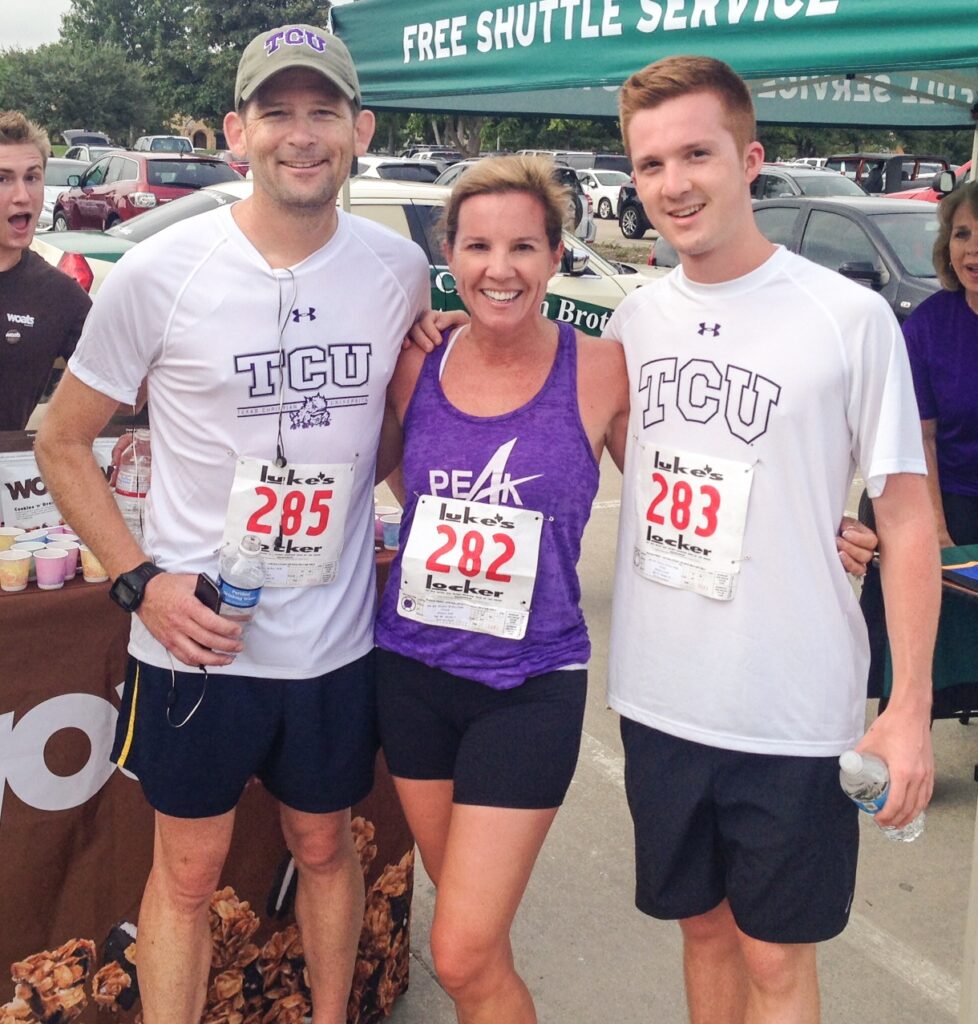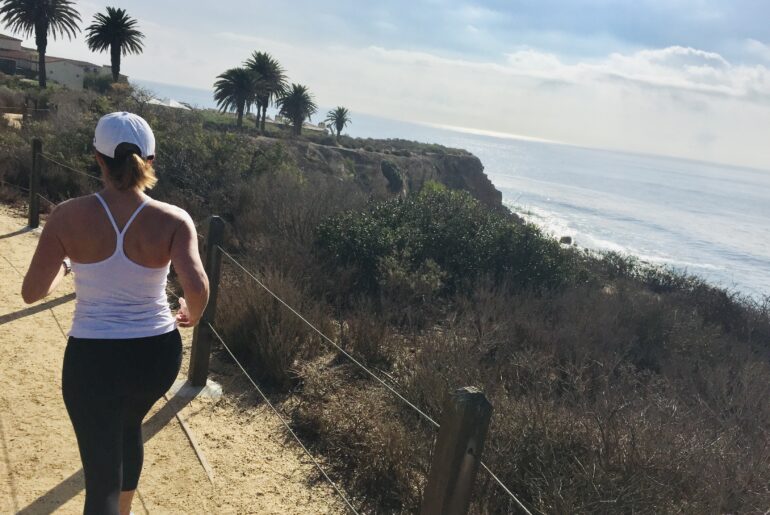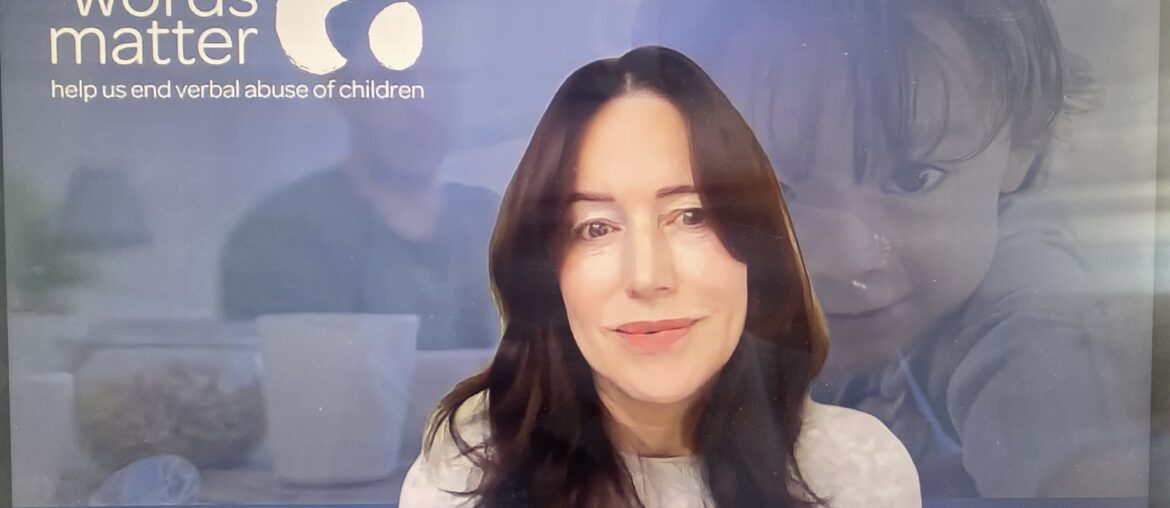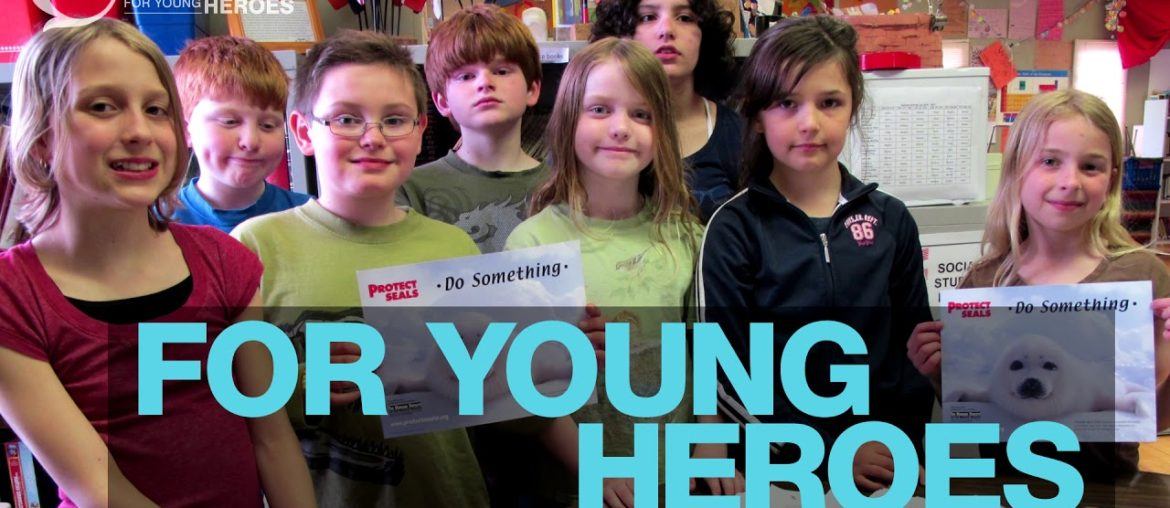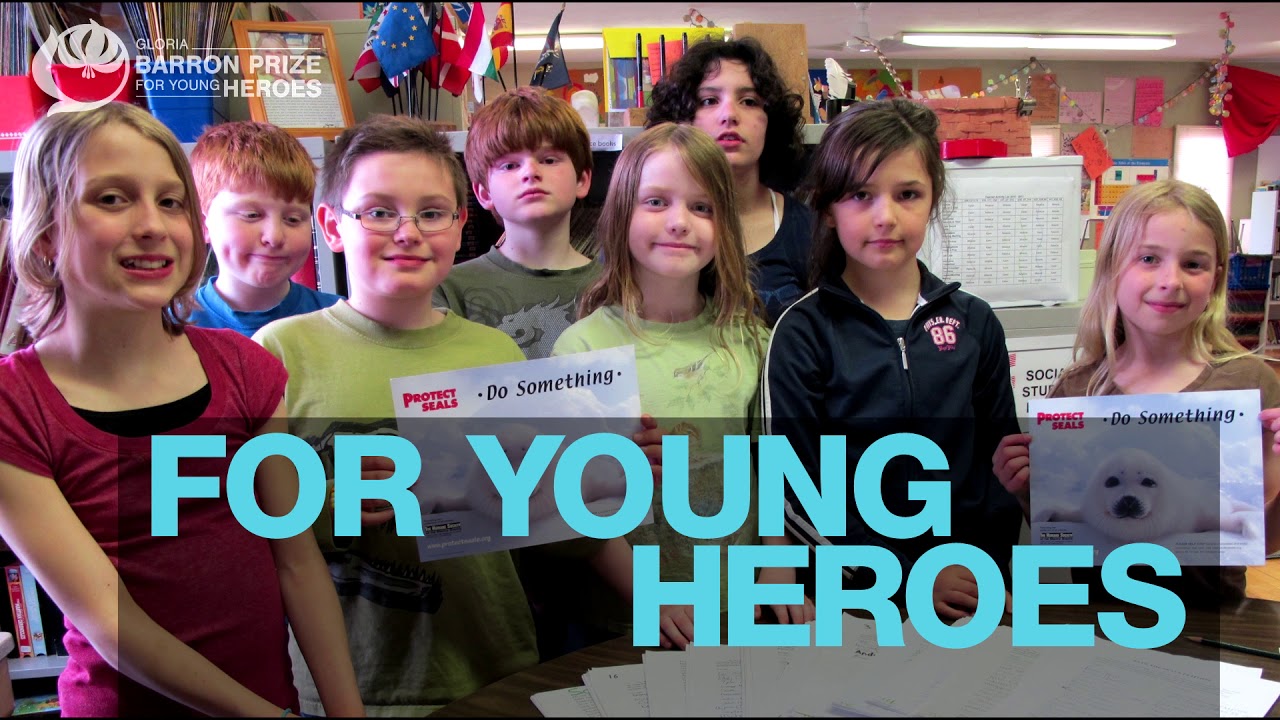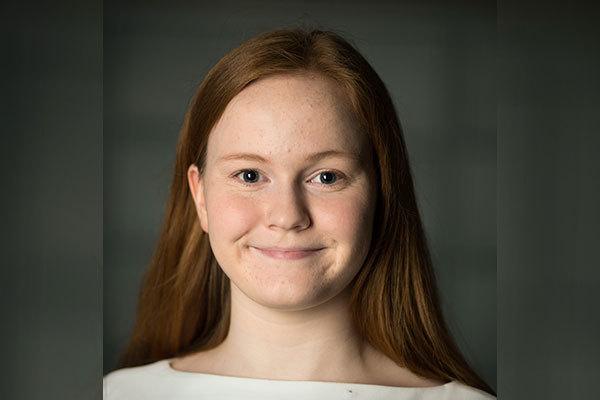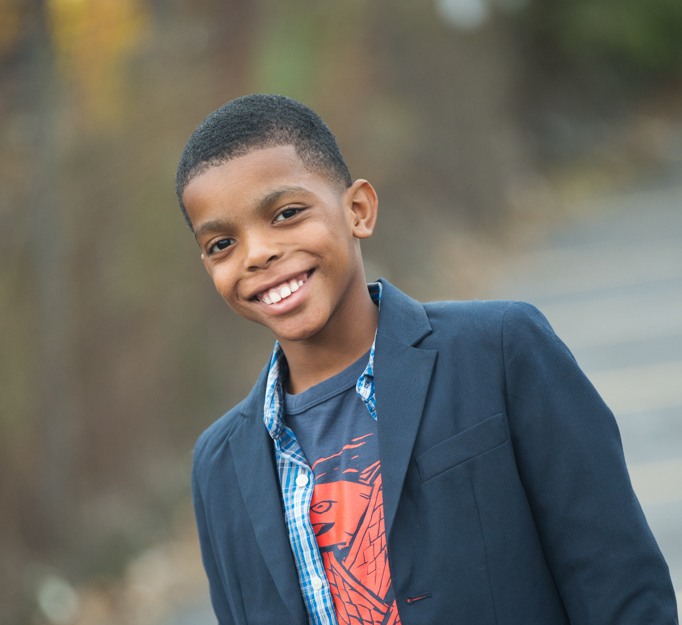
Many of us grew up with the childhood slogan of, ” Sticks and stones can break my bones but words can never hurt me.” Hundreds of years later we now know that they actually can. Words can cause long lasting scars on our children as nonprofit founder, Jessica Bondy shares with us with today’s inspirational conversation about the power of our words. Join us for an enlightening discussion from across the pond about this amazing new nonprofit, Words Matter.
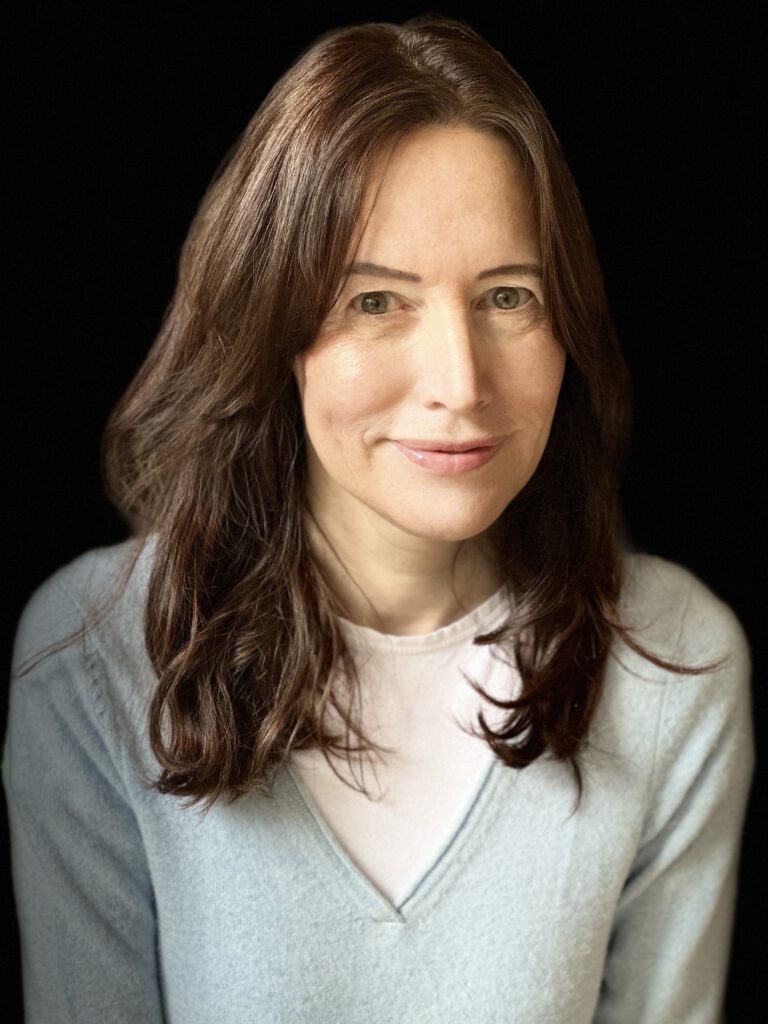

Here are a few highlights from our conversation:
Charity Matters: Tell us a little about what Words Matter does?
Jessica Bondy: Words Matter is the first organization in the world focused solely on addressing the issue of verbal abuse of children by adults. It is so pervasive, it goes so unnoticed and not properly recognized. Yet it affects two in five children. And of that two in five children over half experienced verbal abuse by adults weekly, and one in turn every single day of their lives. Hearing words to blame, shame, belittle, criticize, and it’s not just shouting and screaming, it can be quite insidious, and subtle.
And I think that the thing that is most concerning about childhood verbal abuse by adults, is the life long damage it can do to children. Because words matter. They stick, they last a lifetime. They shape who we are and who we become. So we are on a mission to end verbal abuse of children by adults.
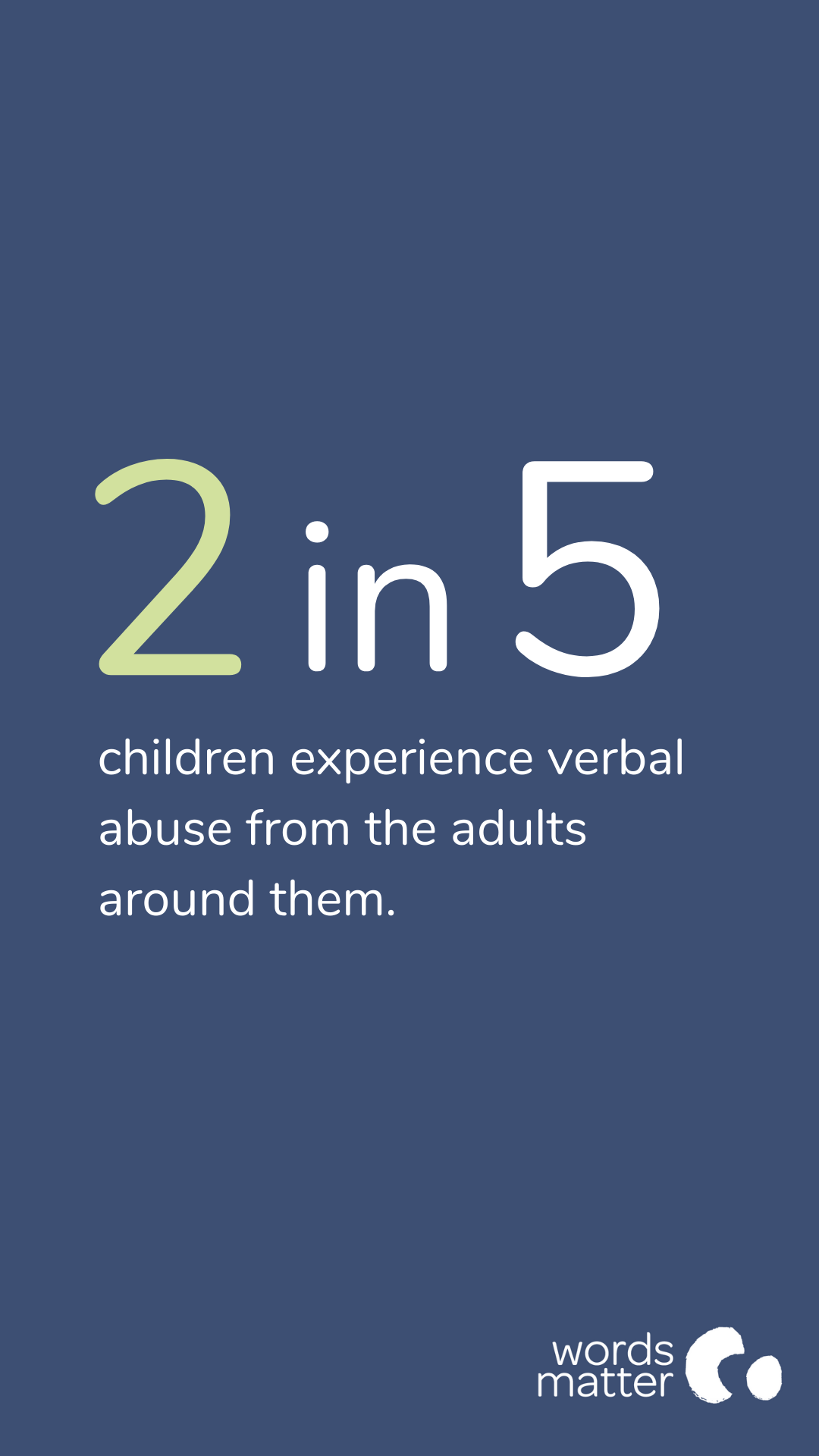
Charity Matters: What was the moment you knew you needed to act and start Words Matter?
Jessica Bondy: I set it up having spent decades in communication, and working for some of the biggest brands in the world Samsung, British Airways, FedEx, Procter and Gamble, working as director and MD of some big firms and then setting up my own agency. I also coached and mentored a lot of young people helping them realize their potential. I did a course all about women finding their voices and speaking up and I had a eureka moment. This eureka moment came on when we were given a topic to talk about with this group of women all on zoom from around the world. The topic was if you are going to die in the next six months, what do you want your legacy to be?
This thing came from me out of nowhere. And I said, “If I’m going to die in the next six months, I don’t want my legacy to be that I am a good aunt. I don’t want my legacy being that I’m a communication specialist. And I don’t want my legacy being that I coach and mentor young people to help realize their potential.” I don’t want it to be on the good old, I’m a communication specialist, or mentor young people, even though all of those things don’t too many people would be hugely worthwhile and satisfied, right? I looked down the barrel of the camera on my Zoom computer. And I said, “If I’m going to die in the next six months, I want to end verbal abuse of children by adults, because words matter.”
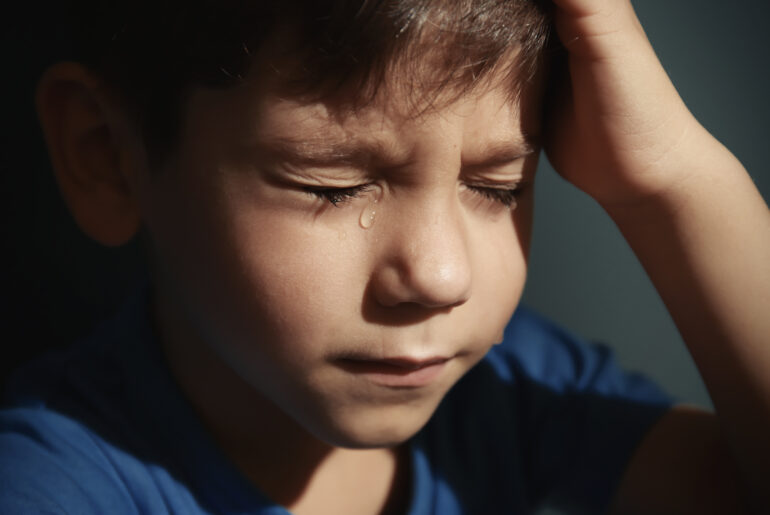
Wow. And I said this, because of my own lived experience and was getting so locked in my head. So many of the people I coached had been so impacted by what they’d heard when they were growing up.
I think what’s so fascinating with what I’m doing now, and Words Matter, it kind of all makes sense. Because there I was communicating on behalf of businesses and brands, then I was helping young people communicate, and market themselves. Now I feel I’m almost the voice of children say, enough is enough words matter. I feel it is my purpose, I strongly believe that the only reason I’m on this planet is to do this thing. I just don’t want it to be that way for the next generations and generations to come.
Charity Matters: What are your biggest challenges?
Jessica Bondy: I think part of the challenge is when you believe something incredibly passionate yourself, and there are people that don’t necessarily believe in what your cause is. And I found there’s a real dichotomy of people that get it. I’ve had people who’ve literally burst into tears and said, Oh, gosh, I haven’t spoken to my father since I was 14. It’s so brilliant, you’re doing something about this.
I think the other very challenging thing, given the environment we are in today is fundraising is very, very hard. Because particularly if you’re a new charity, because so many funders want to be reassured that you’re going to succeed. And if you’re new and different, it’s hard. When I ran my own agency, and people were buying the services they were getting something in return. Philanthropy is very, very different. People are doing it because they believe in your cause. They believe that you’re gonna make a difference in the world.
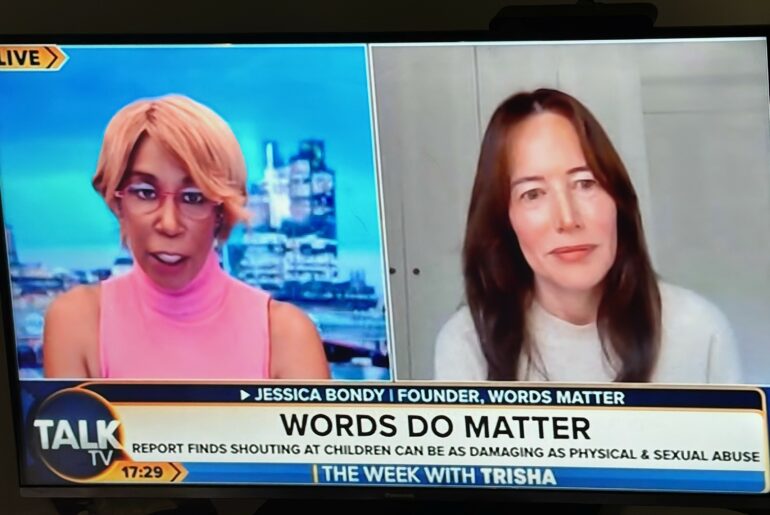
Charity Matters: What fuels you to keep doing this work?
Jessica Bondy: I think what fuels me is an absolute passion and belief in the need for this to happen in the world. Actually, knowing what I’m doing is changing people’s behavior. So that fuels me knowing that we can make a difference.
I think the other thing that fuels me is this incredible network of experts, supporters, and my fellow trustees, who have that belief, that you’ve cracked so many nuts, you’ll be able to crack this. I feel like I’ve kind of got almost a rocket of support underneath me to try and make it a success.
Charity Matters: Tell us what success you have had and what your impact has been?
Jessica Bondy: September 2023, our website went live. We released the findings of our children survey and the most helpful and hurtful words that children said. We have three pillars, research and what we see is in terms of delivering outcomes, and outputs with data validation of the scale and impact. Then the next pillar is about awareness. And that’s trying to change perception and increase understanding and awareness.
Then the other thing we’re developing is training, education and information. We developed some resources on how to talk to children, from adults, for parents, for teachers, those with lived experience. We had the first international conference on childhood verbal abuse with University College London and the World Health Organization, we had over 1300 people registered to attend and actually 98% said it had made them they’d found it useful, and they would apply the information to their learning to their jobs. Over 90% said it would change their own their own behavior.
It’s called Words Matter, impact and prevention of childhood verbal abuse. So we’ve developed this program, we’re piloting it. Hopefully, it’ll be extended through our network of partners. So we’ve got a number of different leading charities supporting our mission, who are service providers, and we’re hoping to do the training through them and their networks.
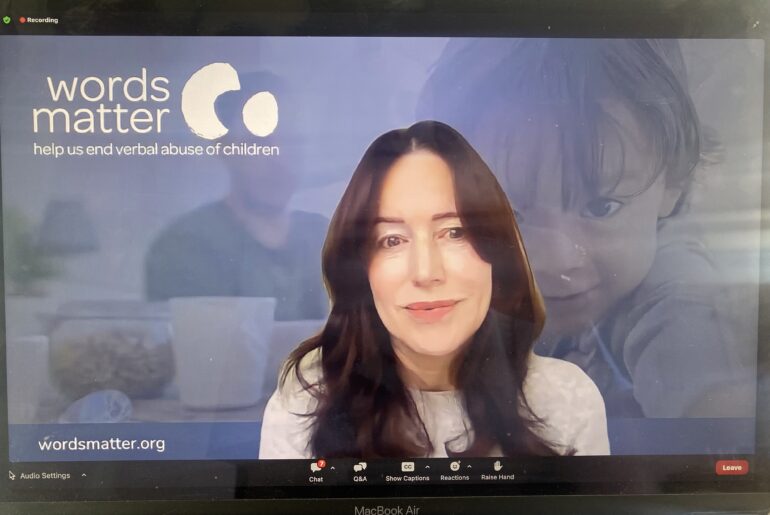
Charity Matters: If you could dream any dream for your organization, what would that be?
Jessica Bondy: if I could dream, any dream it would be that in everybody’s public consciousness, they would think about, be aware of, and acknowledge the harm that words adults say to children can have. They don’t understand it. What I think is so interesting is, as soon as you ask adults themselves to think about what they remember, when they were a child, so many, the vast vast majority can remember what was said to them that built them up. And what and who said it to them that knocked them down. But they don’t somehow apply it to their own lives when they are an adult. Right, that kind of disconnect. So I’d like widespread acknowledgement of it.
Charity Matters: What life lessons have you learned from this experience?
Jessica Bondy: So often in life one tries to mold oneself into something to be liked, approved or understood by someone and it just it never feels comfortable. One should surround oneself with radiators, not drains.
Charity Matters: How has this journey changed you?
Jessica Bondy: I’m somebody that is a survivor. I think I’m quite a resilient person. And resilience is so important. I just think it’s about somehow dusting yourself off if you have a knock back. It’s not easy to do. People who experienced verbal abuse or any form of abuse is that you just need one or two people in your life that really build a venue that really believe in you that you can talk to, and get that support for.
We all know it’s so important to have that connection and support from a very, very young age. I’ve had a few people in my life who I feel have really been there for me and who really believed in me. At the end of the day, we all want to be seen and heard, for who we are and valued for who we are.
CHARITY MATTERS.
YOUR REFERRAL IS THE GREATEST COMPLIMENT, IF YOU ARE SO MOVED OR INSPIRED, WE WOULD LOVE YOU TO SHARE AND INSPIRE ANOTHER. If you enjoyed today’s episode, please connect with us:
Copyright © 2024 Charity Matters. This article may not be reproduced without explicit written permission; if you are not reading this in your newsreader, the site you are viewing is illegally infringing our copyright. We would be grateful if you contact us.
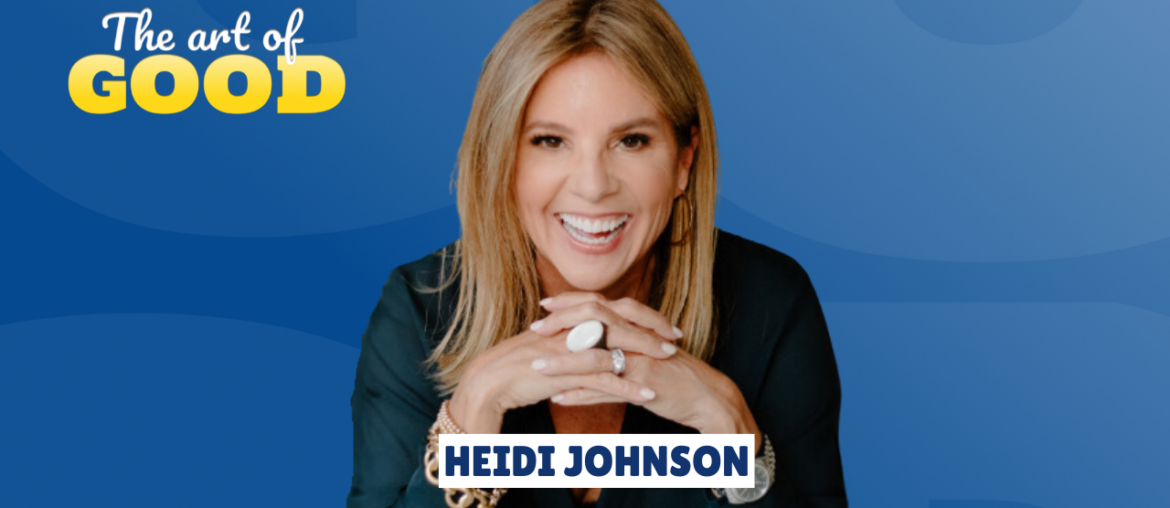

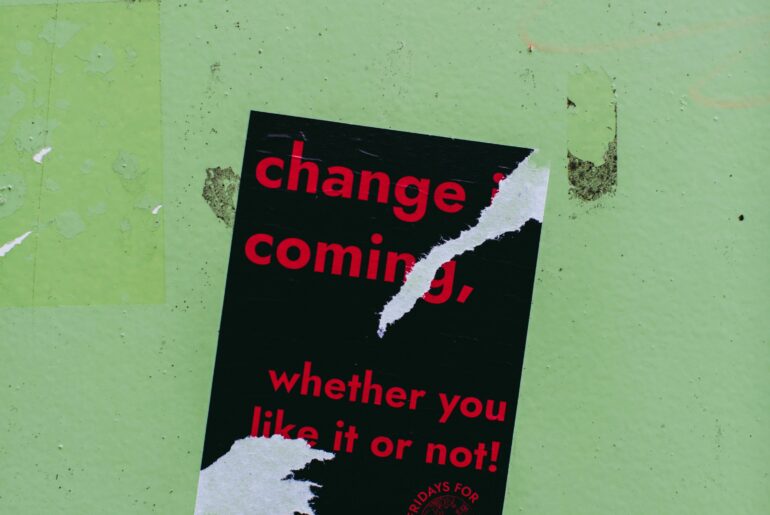

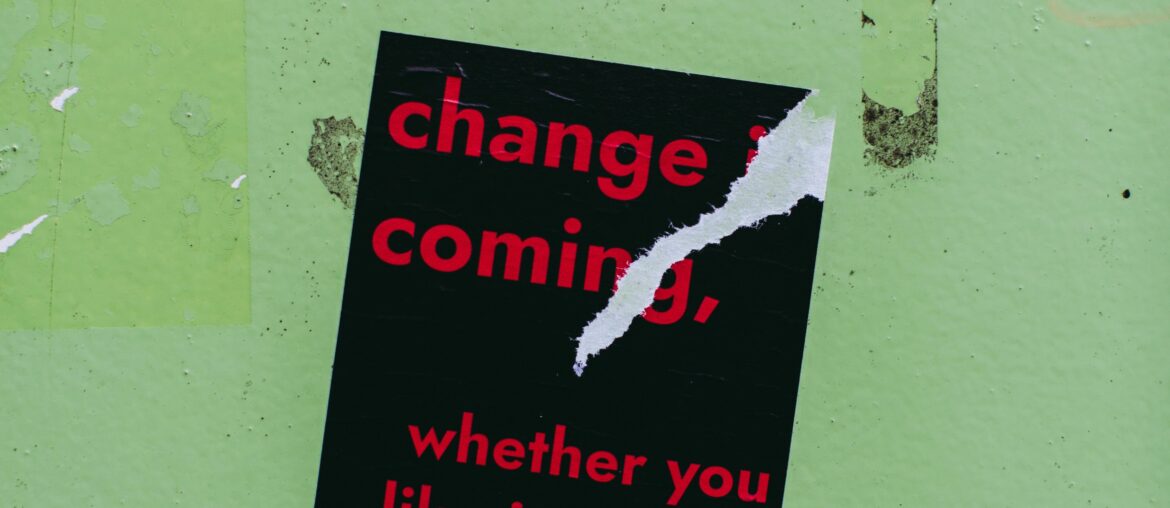

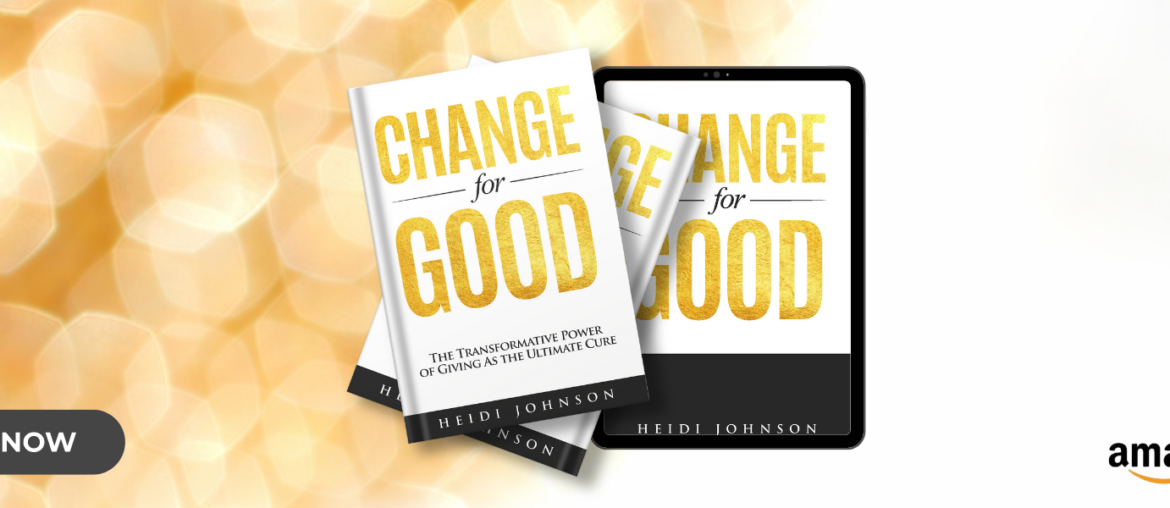

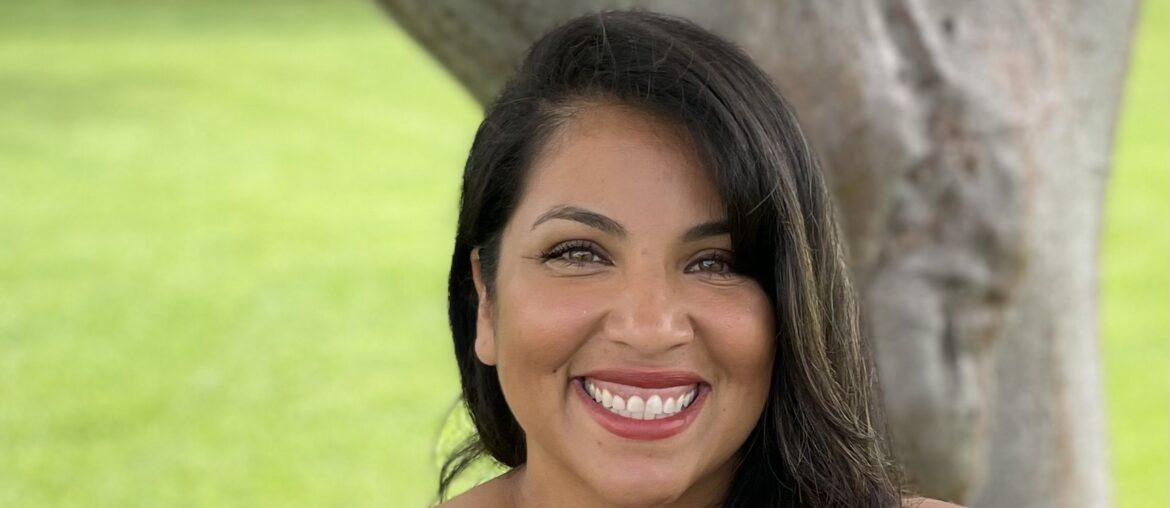
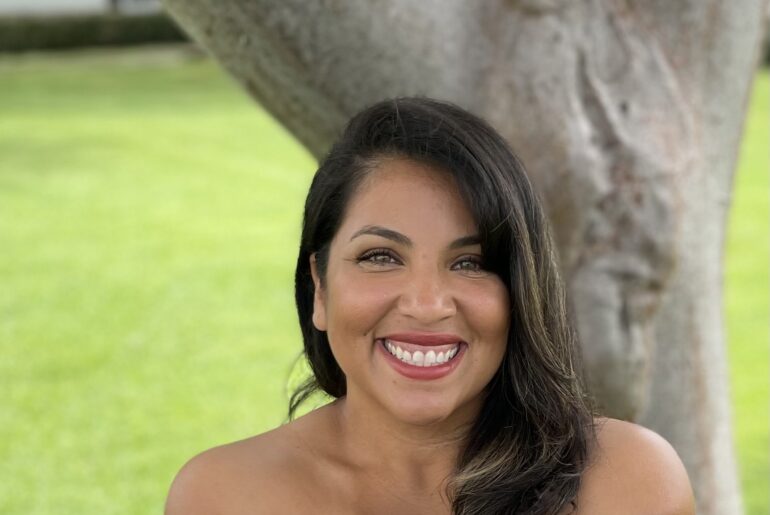



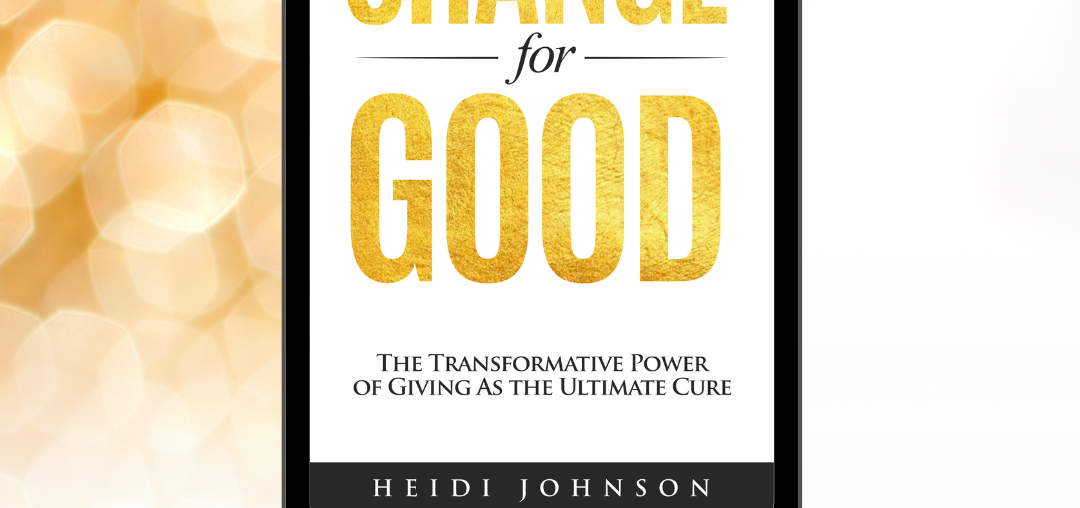

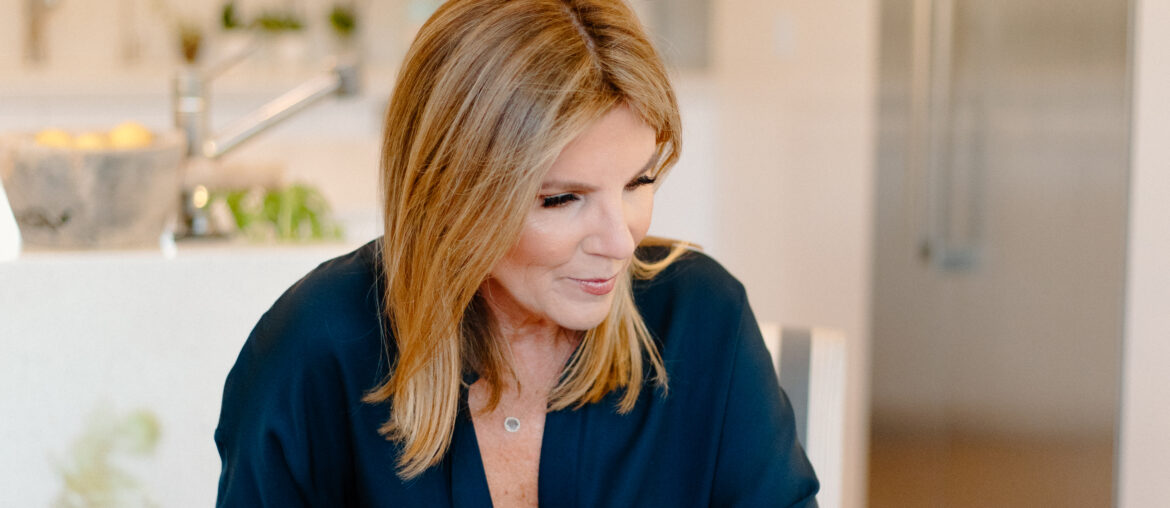

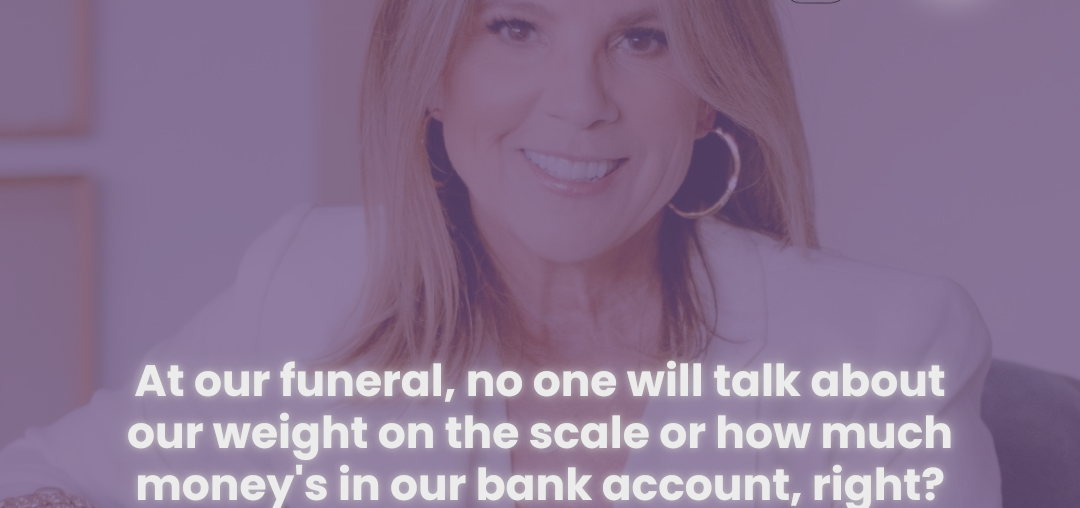
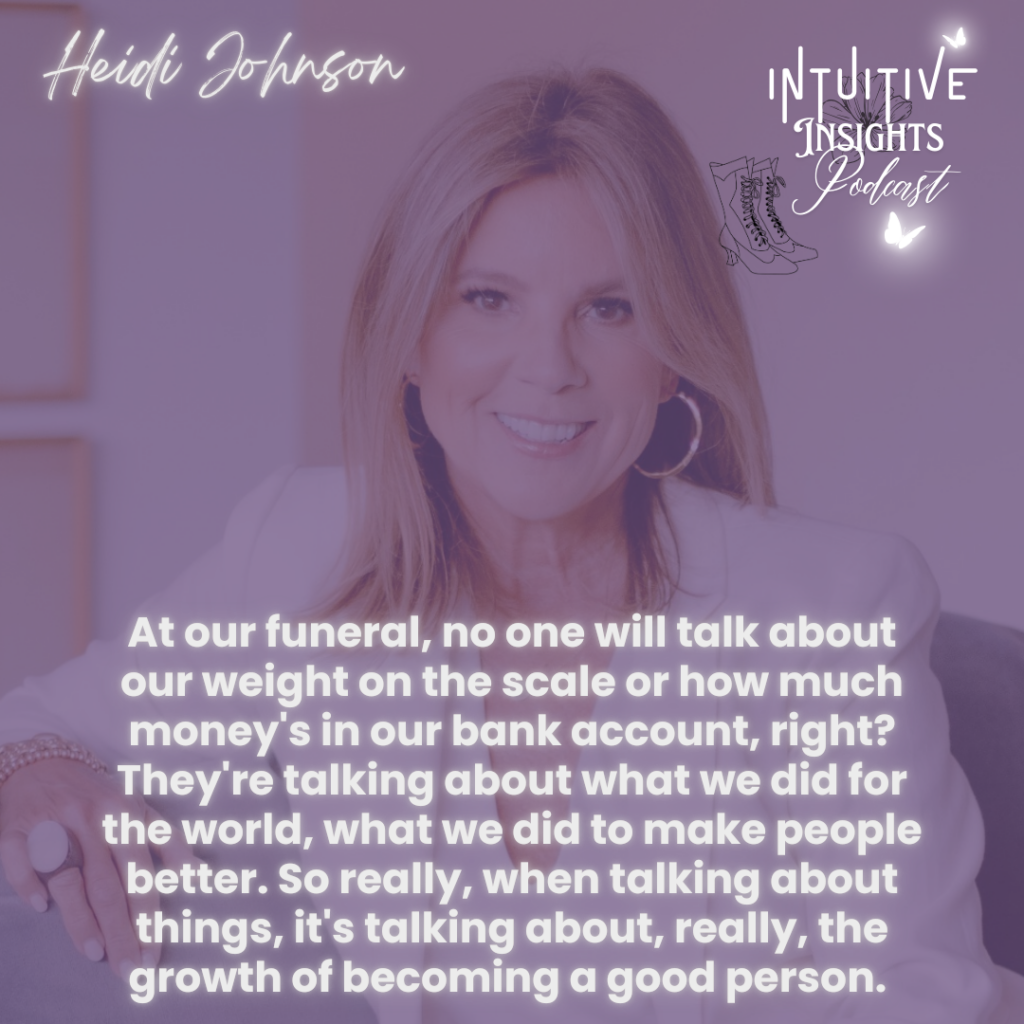

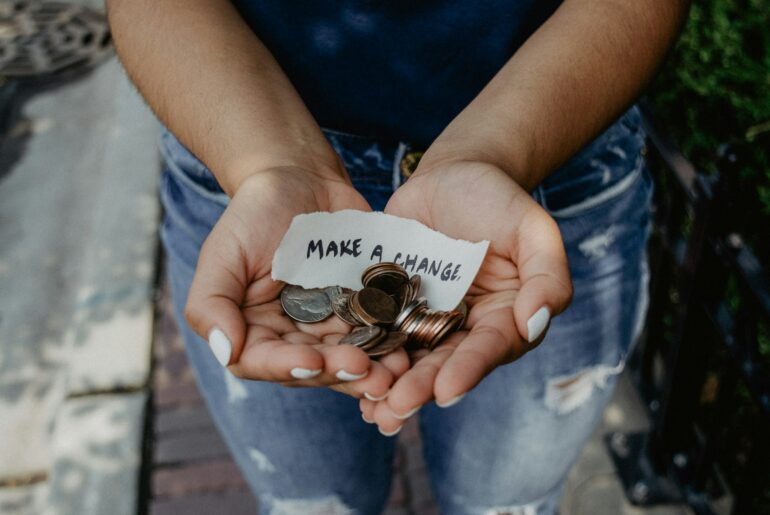
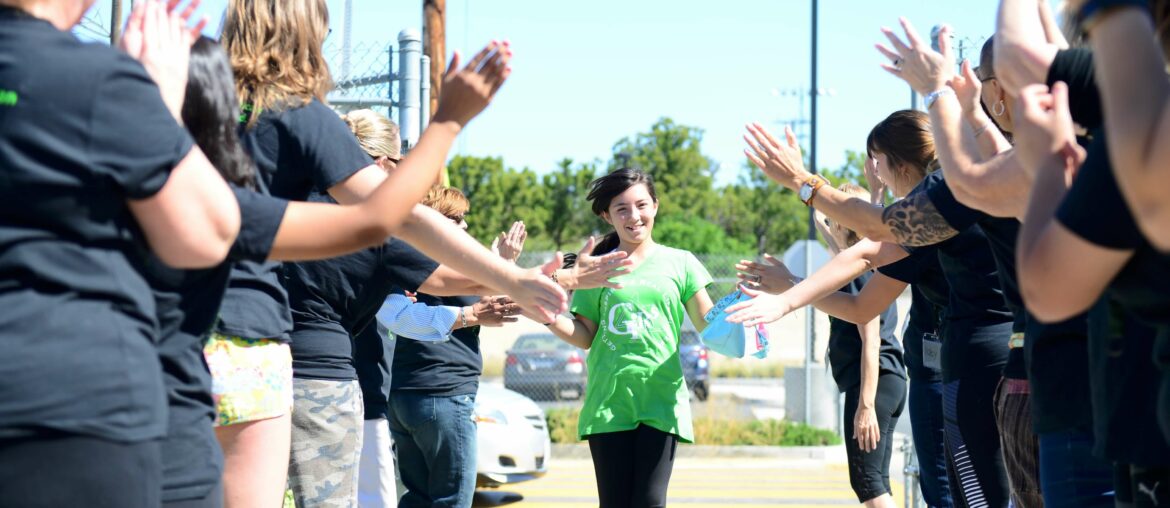
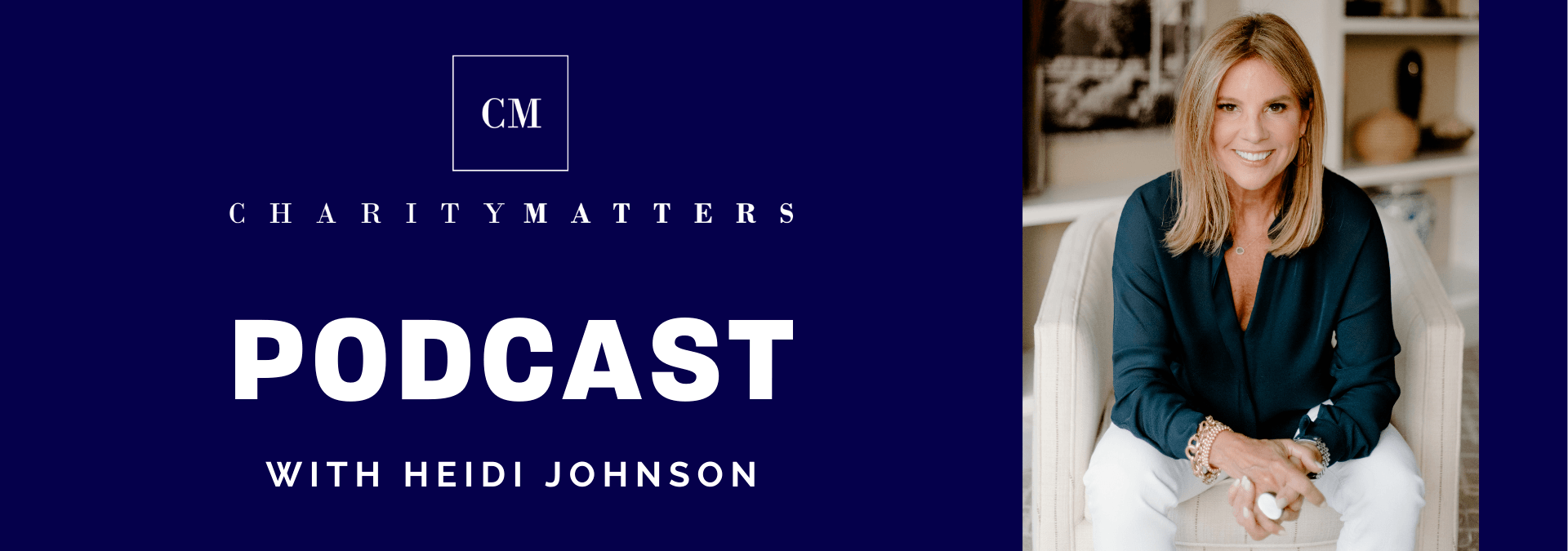
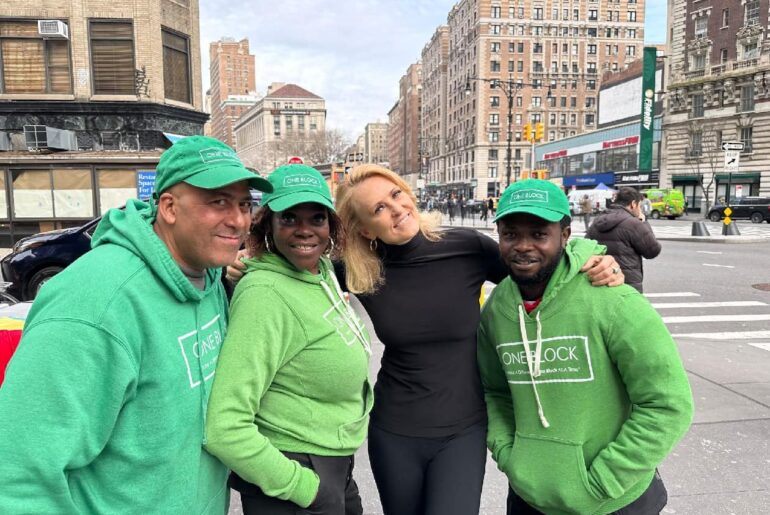
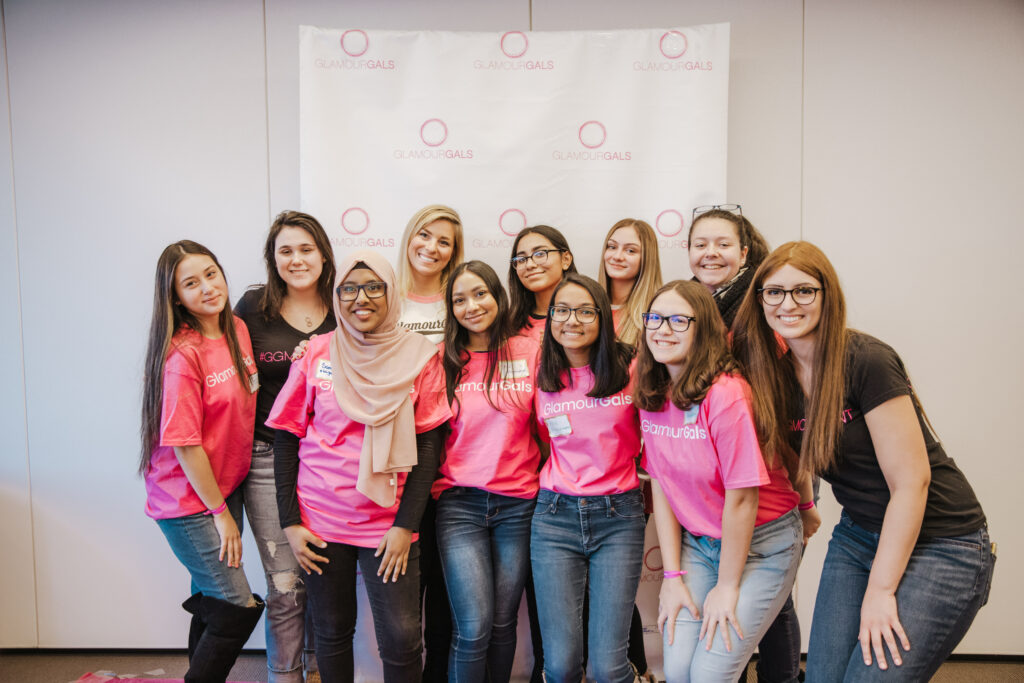
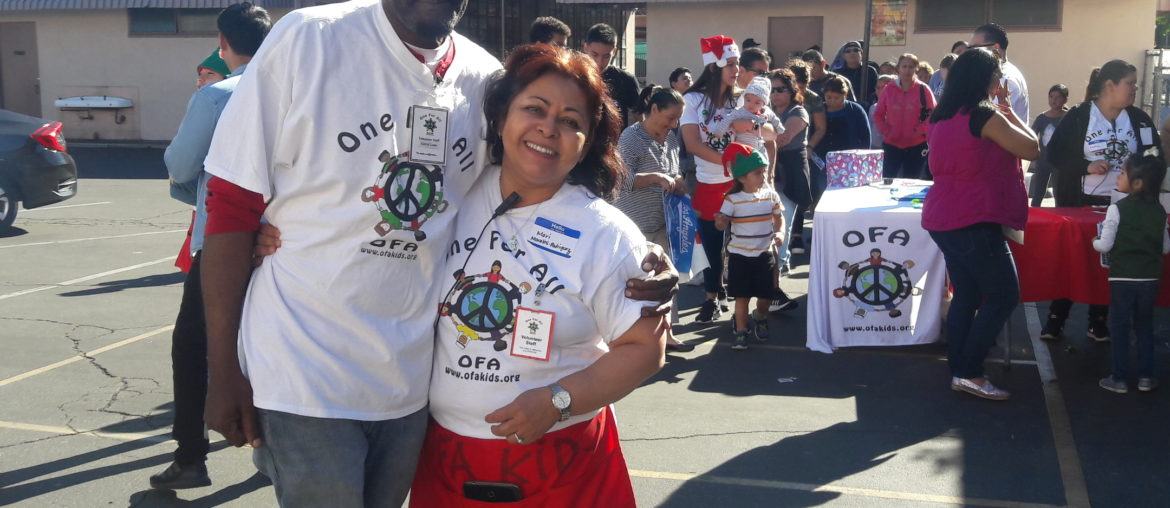
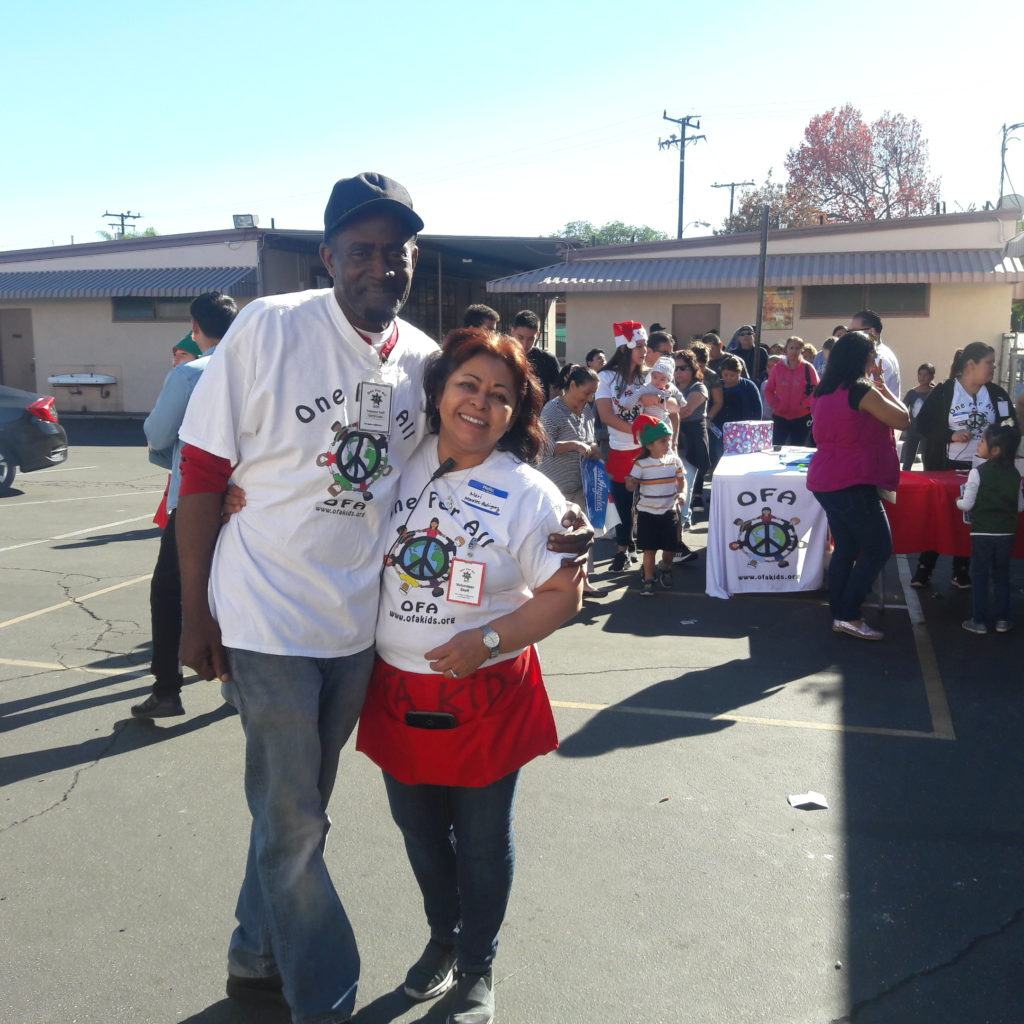
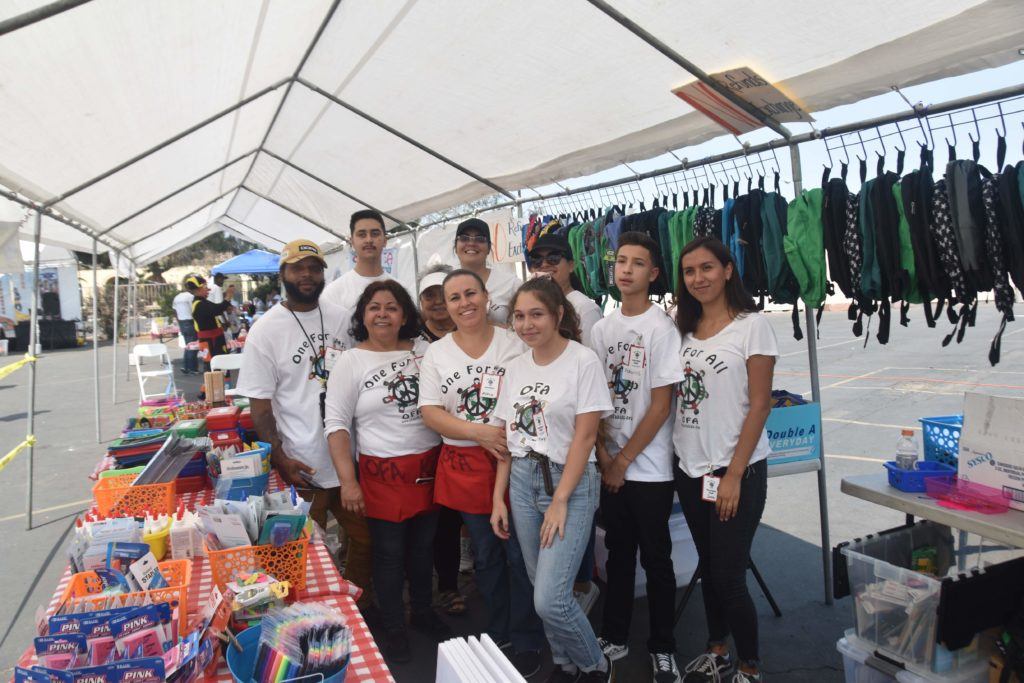

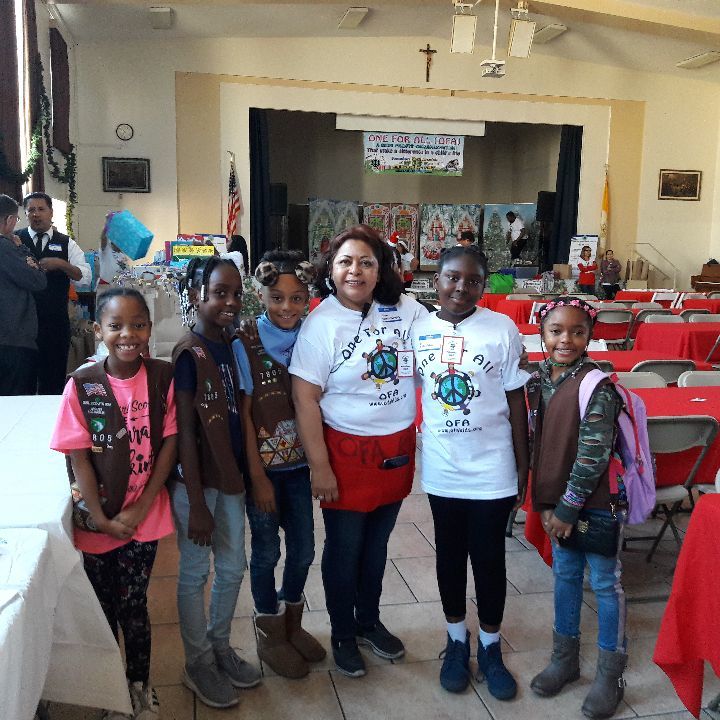
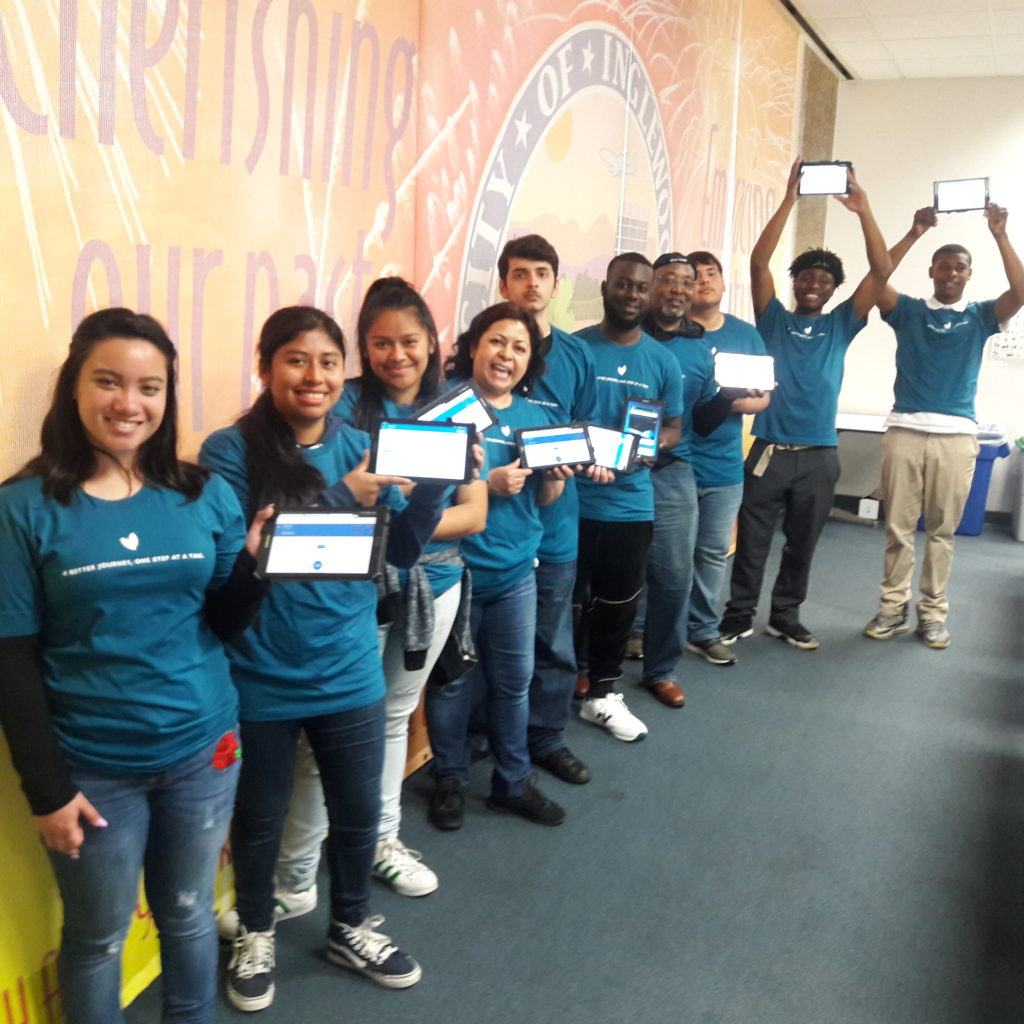 In 2007, I had a patient that kept telling me I needed my 501c3 and I had no idea what these numbers meant or what that was. While I was working in the doctor’s office a patient asked me about what I do in my free time and I told him. He said I needed my 501c3 and his wife would help me. She did and in 2007
In 2007, I had a patient that kept telling me I needed my 501c3 and I had no idea what these numbers meant or what that was. While I was working in the doctor’s office a patient asked me about what I do in my free time and I told him. He said I needed my 501c3 and his wife would help me. She did and in 2007 